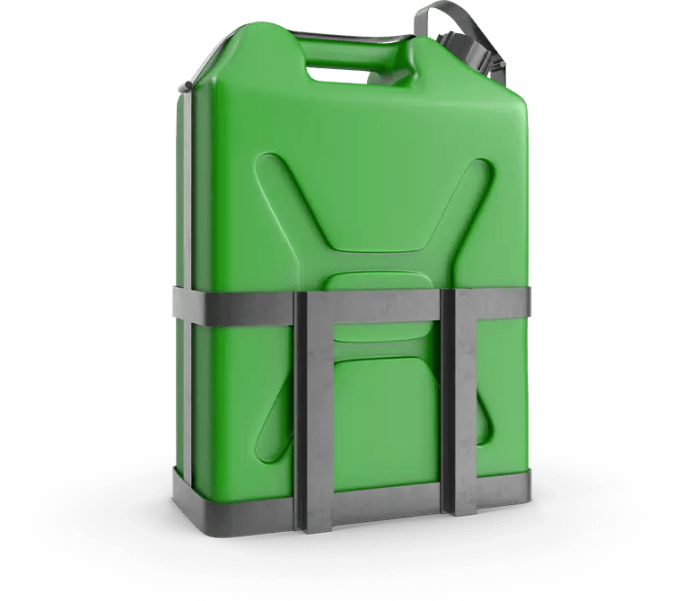Navigating the intricacies of how to change covenants can be a daunting task for homeowners. This comprehensive guide delves into the legal processes, considerations, and best practices involved in modifying covenants, empowering homeowners with the knowledge they need to make informed decisions.
Covenants, legal agreements that govern the use and maintenance of properties within a community, play a crucial role in maintaining neighborhood standards and protecting property values. However, as circumstances evolve, homeowners may find it necessary to amend or change these covenants to adapt to changing needs and preferences.
Understanding Covenants: How To Change Covenants
Covenants are legal agreements that set forth the rules and restrictions governing a particular piece of property. They are typically established by a developer or homeowners’ association (HOA) and are designed to maintain the character and value of the neighborhood.
Covenants can cover a wide range of topics, including architectural guidelines, landscaping requirements, and pet restrictions. They can also impose certain restrictions on the use of the property, such as prohibiting commercial activities or short-term rentals.
Legal Implications of Covenants, How to change covenants

- Covenants are legally binding contracts.
- Violating a covenant can result in fines, liens, or even foreclosure.
- Covenants can be amended, but the process is typically complex and requires the approval of a majority of homeowners.
- Petition the HOA:The first step is to submit a petition to the HOA board outlining the proposed changes.
- Review by the HOA:The HOA board will review the petition and determine whether to approve it.
- Vote by the homeowners:If the HOA board approves the petition, it will be put to a vote by the homeowners.
- Approval by a majority of homeowners:In order to be approved, the changes must be approved by a majority of homeowners.
- Outdated covenants:Covenants that were established many years ago may no longer be relevant or appropriate.
- Changing neighborhood needs:The needs of a neighborhood can change over time, and covenants may need to be updated to reflect those changes.
- Hardship:A covenant may impose a hardship on a particular homeowner, such as preventing them from making necessary repairs or renovations.
- Transparency:The HOA should be transparent about the process for changing covenants.
- Stakeholder engagement:The HOA should engage with all stakeholders, including homeowners, the developer, and any other interested parties.
- Communication:The HOA should communicate regularly with homeowners about the proposed changes.
Procedures for Changing Covenants

The process for changing covenants varies depending on the specific HOA and the governing documents. However, there are some general steps that are typically involved:
Reasons for Changing Covenants

There are a number of reasons why homeowners may seek to change covenants. Some of the most common reasons include:
Best Practices for Covenant Changes

There are a number of best practices that can help to ensure that covenant changes are made in a fair and orderly manner.
Key Questions Answered
Can homeowners change covenants on their own?
No, typically changes to covenants require approval from the homeowners’ association or a majority vote of the community.
What are some common reasons for changing covenants?
Homeowners may seek to change covenants for various reasons, such as updating outdated restrictions, addressing changing community needs, or resolving conflicts.
What are the potential consequences of violating covenants?
Violating covenants can result in fines, legal action, or even foreclosure in severe cases.
